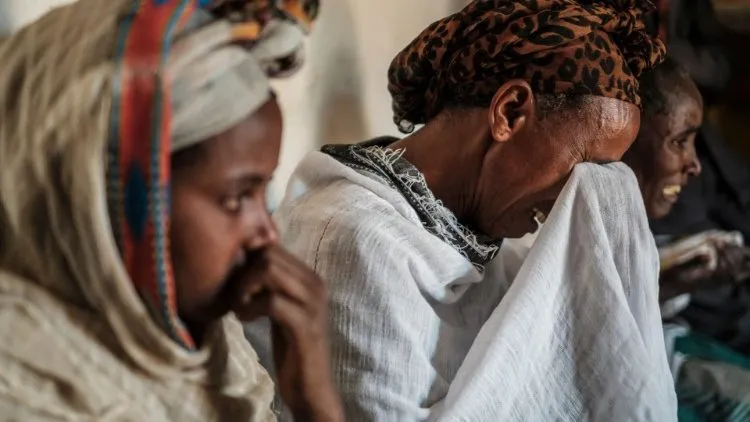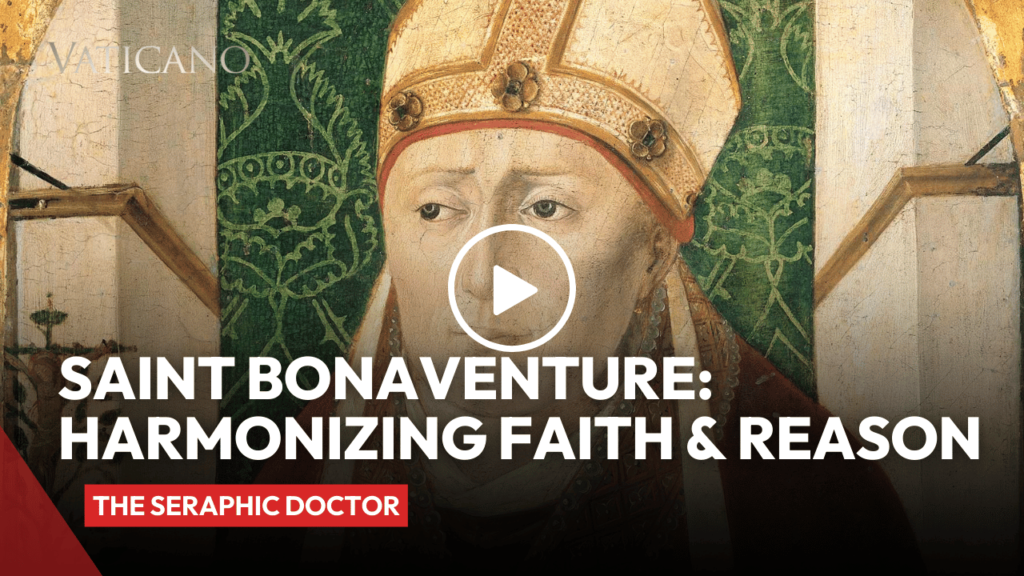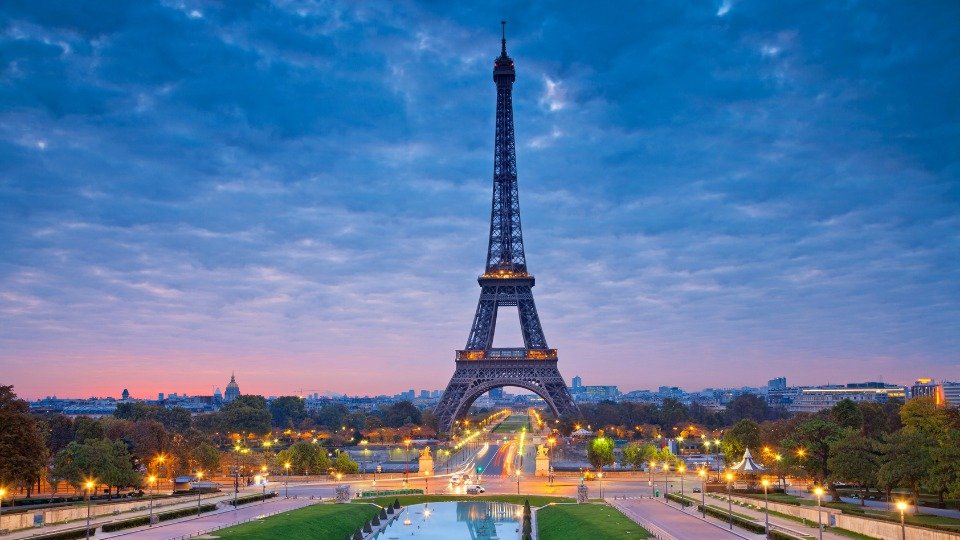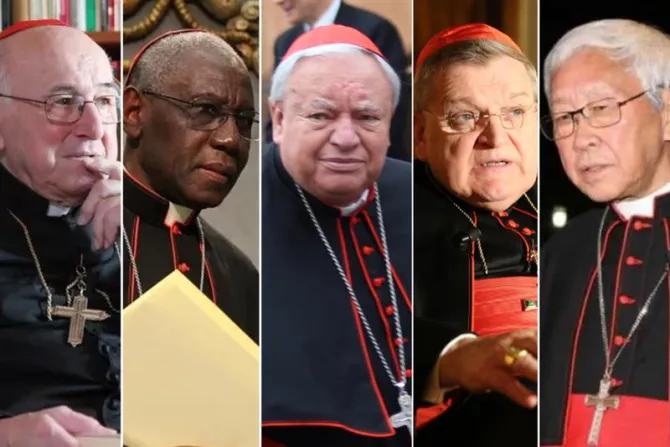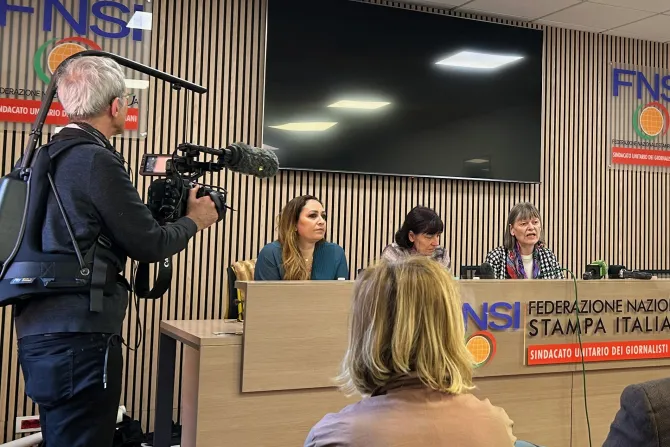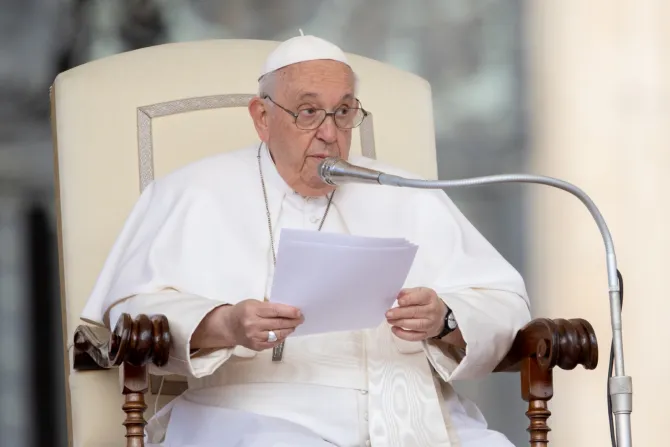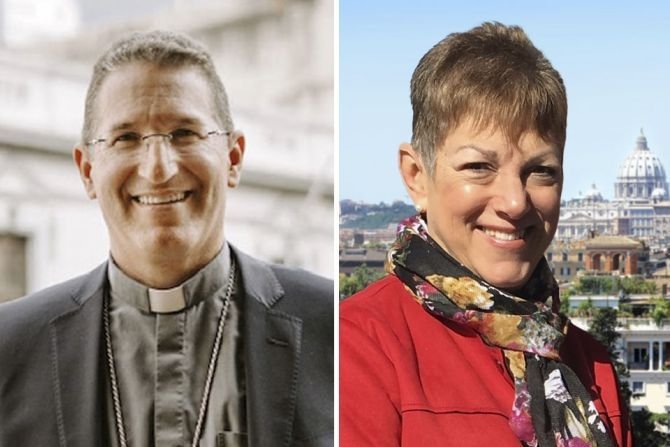The situation in Turkey, where the earthquake has put a strain on the population, and elections have brought their aftermath. That in Iran, in a relationship with the Church that experiences ups and downs, between prestigious collaborations with Qom University and the non-renewal of visas for missionary nuns. That in Eritrea, now an outpost of all crises in Africa, where the staff of the nunciature in Sudan is also being evacuated. These are the three focuses under discussion at the Riunione Opere per l’Aiuto delle Chiese Orientali (R.O.A.C.O.), which began June 19 with the steering committee meeting and will continue through June 22, with an audience with Pope Francis, who always takes the opportunity to take stock of situations in the Middle East.
The R.O.A.C.O. (Riunione Opere Aiuto Chiese Orientali) is a committee that brings together all Agencies-Operations from various countries around the world, which are committed to financial support in different sectors, from building for places of worship, scholarships, educational and scholastic institutions to those dedicated to social and health care. The Prefect of the Congregation chairs it and has the Secretary of the Dicastery as its Vice-President. In addition to the C.N.E.W.A. (Catholic Near East Welfare Association) (United States of America), approved by Pope Pius XI in 1928, and the Pontifical Mission for Palestine (United States of America), created in 1949, agencies that collect aid in Germany, France, Switzerland, the Netherlands, and Austria are members.
In practice, R.O.A.C.O. is a necessary vantage point for understanding what is going on in the “Eastside” of the Church, which includes the Holy Land, a privileged vantage point. On the morning of June 20, Archbishop Claudio Gugerotti, Prefect of the Dicastery for the Oriental Churches and President of R.O.A.C.O., presides over the Mass, during which prayers are said for all benefactors.
The first session, on the morning of June 20, will focus on the situation in the Holy Land. Papers include Archbishop Adolfo Tito Yllana, apostolic delegate to Jerusalem; Father Francis Patton, O.F.M., Custos and Guardian of Mount Siano; and Father Peter Bray, F.S.C.; vice-chancellor of Bethlehem University. Information on the 2022 Pro Terra Sancta Collect will also be shared. At the end of the morning, the Vatican Secretary of State, Cardinal Pietro Parolin, will speak, presenting the Holy See’s diplomatic action concerning Ukraine, the Middle East, and Ethiopia.
In the afternoon, however, Turkey and Iran will be discussed, with reports from the nuncio to Turkey, Archbishop Marek Solczyński, and by the nuncio to Iran, Archbishop Andrzej Jozwowicz. Finally, there will be a report by the Archbishop of Asmara Menghesteab Tesfamariam, M.C.C.I., who will speak on Eritrea’s socio-political and religious situation.
On Jan. 21, the Plenary will hear from young people who have come to Rome from the 13 eastern countries under the Dicastery’s jurisdiction. These are 30 young people in Rome from June 16-23 to reflect on the theme “Church Sharing the Journey with the Young: Youth Actors for the Common Good,” a project that includes several meetings and the Rome visit.
At the end of Jan. 21, there will be another steering committee meeting, this time on planning. Then, the audience with the Pope.
In addition to the Speakers, the Plenary will be attended by Representatives of the Catholic Agencies that are part of R.O.A.C.O., Superiors and Officials of the Dicastery for the Oriental Churches, and representatives of the Section for Relations with States of the Secretariat of State.
This article was originally published on ACI Stampa.

